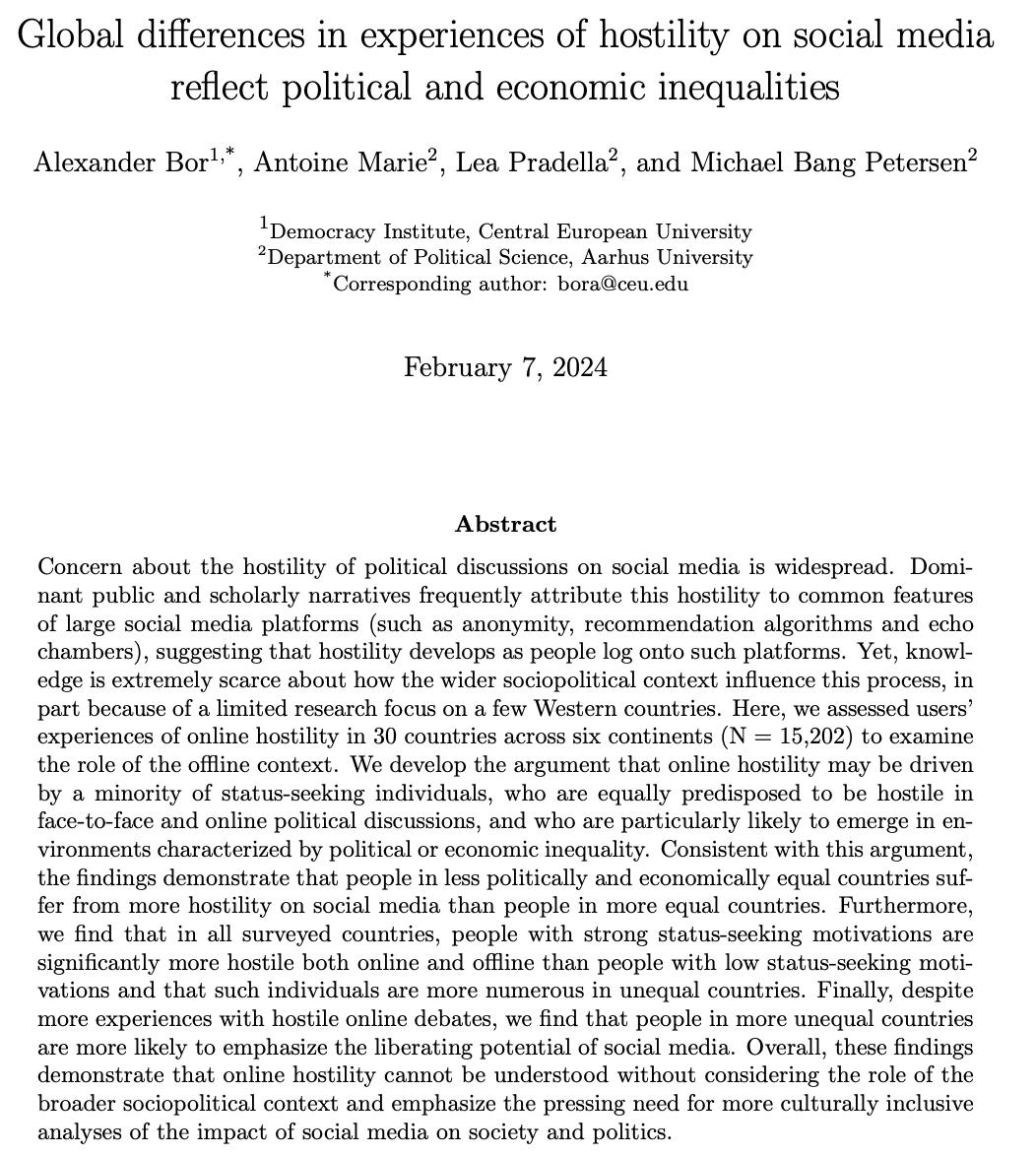Today, Denmark lifted all restrictions & COVID-19 is no longer deemed a "societal threat".
I led the country's largest behavioral covid-project (@HopeProject_dk) & advised the Danish gov.
Here are my thoughts on how DK got here, what can be learned & what lies ahead.
🧵 (1/14)
I led the country's largest behavioral covid-project (@HopeProject_dk) & advised the Danish gov.
Here are my thoughts on how DK got here, what can be learned & what lies ahead.
🧵 (1/14)
In the HOPE-project ("How Democracies Cope With COVID-19", hope-project.dk), we have conducted over 400,000 interviews on covid-related behaviors and attitudes since March '20 in Denmark and 7 other countries. These data form the evidence-base for this thread. (2/13) 

The basis for an open society is vaccinations. 86 % of all invited (from 12 years and up) have received 1+ dose. 96 % of everyone above 50 are fully vaccinated. Throughout the pandemic DK has had higher acceptance than many comparable countries. No mandates needed. (3/14) 

The best predictor in DK - and elsewhere - of vaccine acceptance is trust in the authorities' management of the pandemic: bmjopen.bmj.com/content/11/6/e…. This trust has been incredibly high and completely stable in DK. (4/14) 

DK is culturally a high-trust country. But so is Sweden & here trust has been lower. What authorities do during the pandemic matters too. E.g., if communication is transparent it will uphold trust, even if the message is unpleasant:
https://twitter.com/M_B_Petersen/status/1417457216706256925?s=20. (5/14)
In addition to transparency, our research shows that 3 factors are key: (1) Create a collective project; (2) avoid polarization; and (3) buffer the burden of restrictions. See, e.g., doi.org/10.1080/014023… & doi.org/10.1177/095679…. Here, DK has done particularly well. (6/14)
Stopping infections is a form of collective action. When the risk of a disease is highly skewed (as with covid), people need to do it for others. Here, leadership is key. The Danish gov formulated distancing as a *moral* project, which gained high public support. (7/14) 

A moral project can backfire. It can lead to shaming and conflict. There has been discussions of this in DK. But in general shaming in DK is relatively low. Most simply followed the advice of the authorities and didn't take it upon themselves to police others. (8/14) 

Support decreases over time. How fast depends on polarization. Polarization was avoided because the Danish opposition prioritized epidemic control over electoral gains. When the 2nd wave hit this led to a 2nd rally-around-the flag effect, which seems unique to DK. (9/14) 

The burden of lockdowns itself fuels opposition: doi.org/10.1177/095679…. In DK, high compliance & support has made restrictions softer and made them seem meaningful, lowering the burden. As consequence, Danes have suffered less during the pandemic. (10/14) 

From this, Danes became active co-players in the epidemic, allowing authorities to try out new tools (e.g., mass testing & corona passports). These got wide public support and were seen not as control tools but as tools for protecting each other & returning to normality. (11/14)
In sum, citizens' trust is key. Still, my way into pandemic research was an essay, arguing that *authorities* need to trust citizens too:
https://twitter.com/M_B_Petersen/status/1237785420269858817?s=20. In the end, I think the positive dynamics from this mutual trust is responsible for where DK is today. (12/14)
Will the lifting of restrictions go well? Who knows (as even the DK gov agrees). New variants may emerge & restrictions reappear. Yet, from a behavioral perspective, I am optimistic about the future. Even with a 3rd wave, mutual trust should be high enough to pull thru. (13/14)
Finally: A pandemic is a severe crisis for any society. DK has seen protests, heated debates and mistaken decisions. Many Twitter threads can be written about what went wrong. So, if things go well in a crisis, it is despite all the things that will inevitably go wrong. (14/14)
• • •
Missing some Tweet in this thread? You can try to
force a refresh













